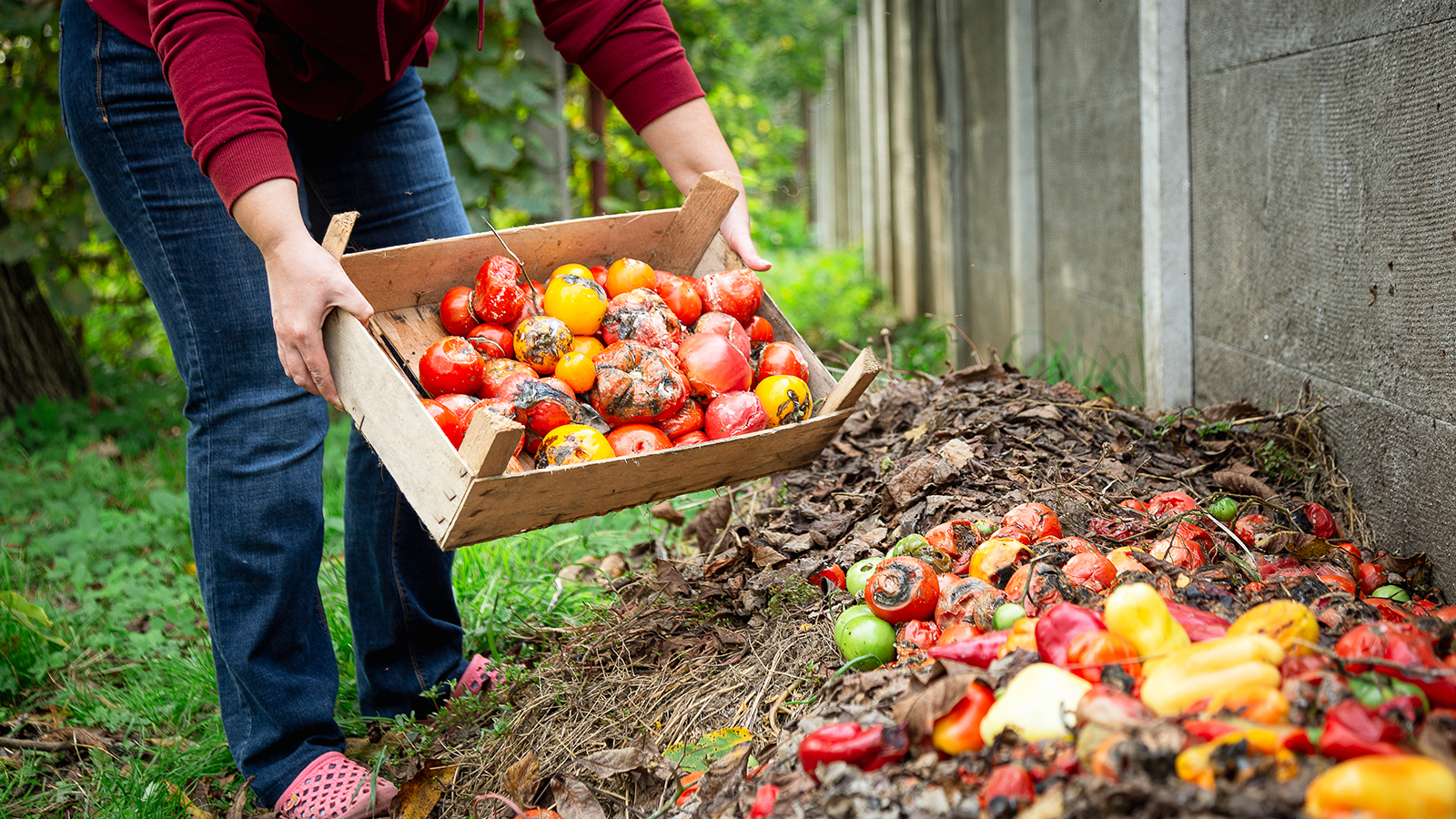Turning food waste into resource slashes climate impact,Study finds

By Abdullahi Lukman
Recycling food waste instead of dumping it in landfills could dramatically reduce greenhouse gas emissions and ease pressure on land, water, and energy resources, according to a sweeping new study.
The international research, which analyzed data from 91 field studies across 29 countries, found that methods like composting, anaerobic digestion, and converting food waste into animal feed—known as “refeed”—offer powerful climate benefits and are key to building a more sustainable agrifood system.
“When finished eating, people tend to just toss what’s left: out of sight, out of mind,” said study co-author Zhengxia Dou, a professor of agricultural systems at the University of Pennsylvania.
“But from a resource and environmental perspective, what happens next matters a lot.”
Globally, nearly a third of all food produced is never eaten, wasting not only food but also the land, water, and energy used to grow it.
When food ends up in landfills, it decomposes anaerobically and produces methane—a greenhouse gas 80 times more potent than carbon dioxide over a 20-year period.
“Anything you can do with food waste recycling is better than sending it to a landfill,” Dou emphasized.
The study points to the United States, China, and the European Union as major contributors to food waste and methane emissions, dubbing them “methane super emitters.”
Researchers estimate that eliminating landfill food disposal in these regions could significantly cut emissions, with U.S. reductions alone equivalent to removing methane output from nearly nine million dairy cows—over 90% of the national herd.
Of the three recycling methods, refeeding stood out as the most impactful.
In China, using food waste as animal feed could replace the need for over 5% of cropland currently dedicated to growing feed crops like soy and maize.
That land could instead be redirected to grow food for people or preserved for conservation.
Refeeding also reduces reliance on imported animal feed, a crucial factor for countries with limited agricultural land or high import demands.
The study’s authors advocate for broader adoption of these practices, describing them as “field-proven, low-cost, and highly effective in mitigating emissions while conserving resources.”
Still, Dou stressed that systemic change must be paired with individual responsibility.
“We’re all part of the global agrifood system—because we all eat,” she said.
“Reducing food waste starts at home.”
